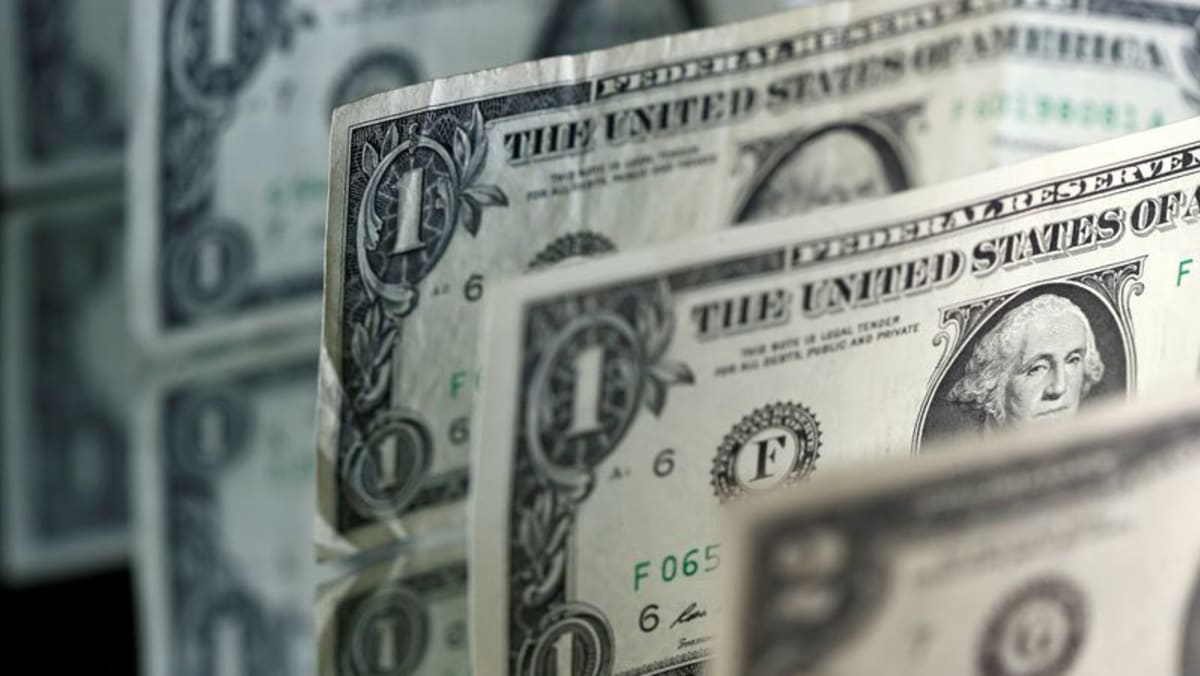SINGAPORE: The European Union has been looking to forge new alliances, even as its economic partnership with the United States is in jeopardy, said European Trade Commissioner Maros Sefcovic on Wednesday (May 7).
He told CNA that his phone has been ringing off the hook from countries seeking to make deals with the bloc after US President Donald Trump announced sweeping tariffs on imports on Apr 2.
“Our phones are ringing permanently and we very much welcome that, because we want to make sure that we will forge new partnerships, new cooperation, and accelerate all our free trade agreements which are currently being negotiated with our partners,” Sefcovic said.
SHIFT IN GLOBAL TRADE
Global trade “has significantly changed” since Trump began his second presidential term in January, he noted.
“I think we just have to accept that there is a new global paradigm shift. With trade, I'm afraid it will not be as it was last year, and therefore, I think we should all kind of push ourselves harder to find mutually advantageous solutions,” he added.
However, Sefcovic said he sees the EU having more talks with other countries as a “silver lining” of the Trump tariffs.
“We are talking to each other with such an openness, and I would say, with such a renewed energy for giving global trade the political backing it needs, to create the frame it needs, and it kind of pushes us into close cooperation with other countries, despite the geographical distance.”
He was speaking to CNA in Singapore, where the EU inked a digital trade pact with the Southeast Asian nation.
The deal aims to provide greater clarity and legal certainty for consumers and businesses by implementing rules for digital trade and cross-border data flows.
Noting that Singapore is a pathfinder for many new areas of cooperation, Sefcovic said the EU views Singapore as a “very important partner” that can advise the bloc on certain matters.
The EU also wants a “much closer relationship” with members of the Association of Southeast Asian Nations, he added.
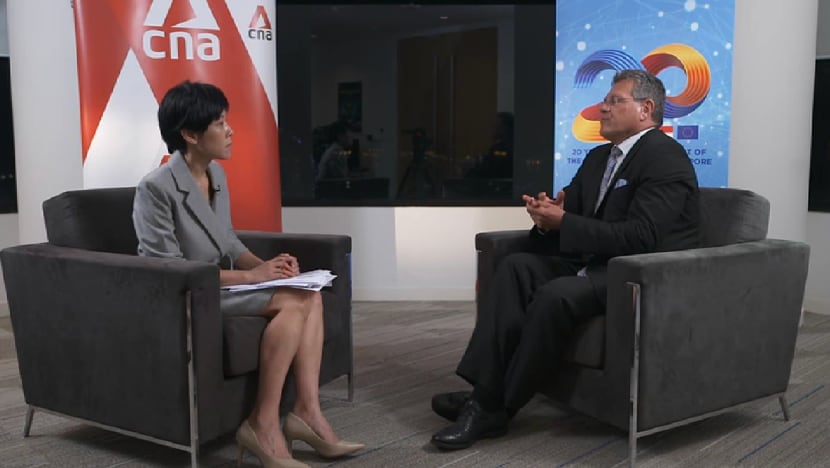 EU Trade Commissioner Maros Sefcovic tells CNA’s Loke Wei Sue in an exclusive interview that countries have been looking to make deals with the bloc, amid global tariff turmoil.
EU Trade Commissioner Maros Sefcovic tells CNA’s Loke Wei Sue in an exclusive interview that countries have been looking to make deals with the bloc, amid global tariff turmoil.
WORLD'S LARGEST TRADE RELATION
But diversifying away from the US is not an easy task.
In 2023, transatlantic trade in goods and services between the EU and the US reached €1.6 trillion. This represents approximately 30 per cent of global trade.
“It's a massive trade,” said Sefcovic of the world's largest trade relation.
“So I am absolutely convinced that we should be able - as allies, strategic partners - to find the solution to this problem, and this is what we are doing.”
The EU will announce on Thursday more details of its proposed countermeasures to US tariffs, should negotiations with Washington fail.
The 27-nation bloc faces 25 per cent US import levies on its steel, aluminium and cars. It also faces reciprocal tariffs of 10 per cent for almost all other goods, which could rise to 20 per cent.
The duties have been paused until Jul 8, after Trump announced a 90-day suspension of reciprocal tariffs.
Sefcovic previously said US tariffs now cover 70 per cent of EU goods trade to the US.
The EU has offered its willingness to negotiate a "zero-for-zero" tariff agreement on industrial goods with the US, and is ready to work together on common standards such as “the real level of deficits”.
Sefcovic said the EU has been holding talks with his US counterparts to understand the aim of the new American trade policy. He expressed belief that goodwill and well-established structures are needed to tackle the underlying issues.
“I think that the whole world was surprised by these high tariffs, which, of course, we do not welcome. We've been very clear,” he added.
“These tariffs are unjust, they're unfair. We cannot accept them as they are.”
However, he noted that both the EU and the US share the same interests in wanting to reindustrialise their economy.
“We are both fighting huge dependencies, be it on critical raw materials, be it on precursors for the pharmaceutical production, or be it on some specific technologies if it comes to the semiconductors,” he added.

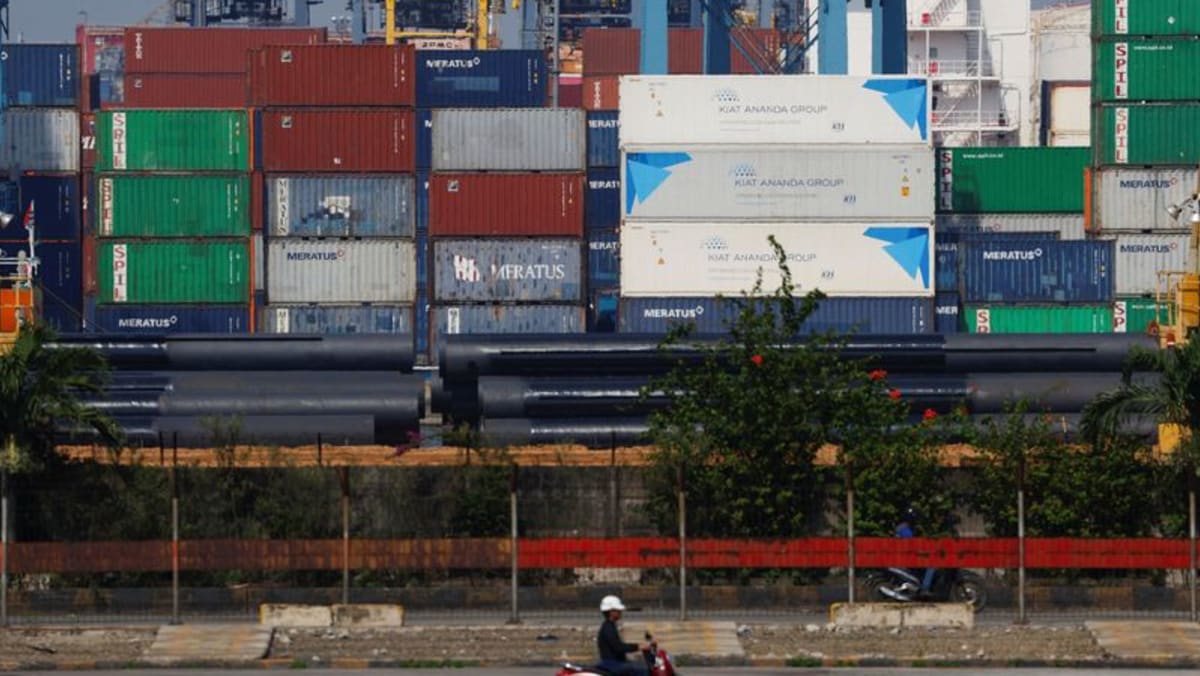

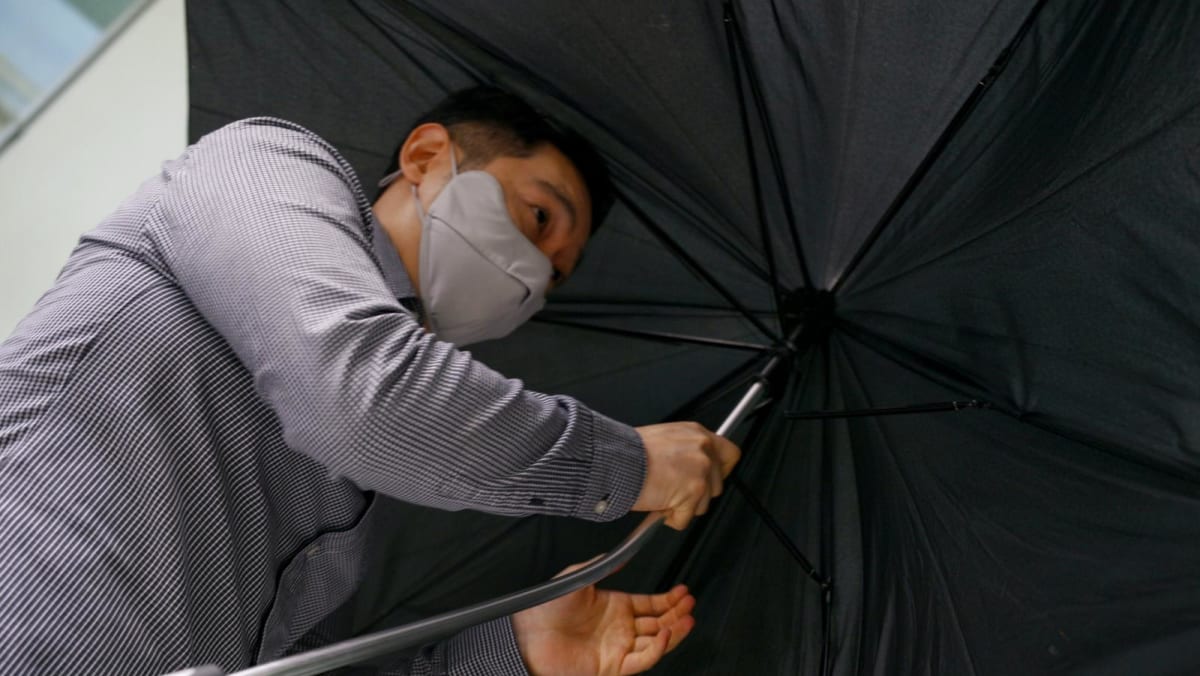



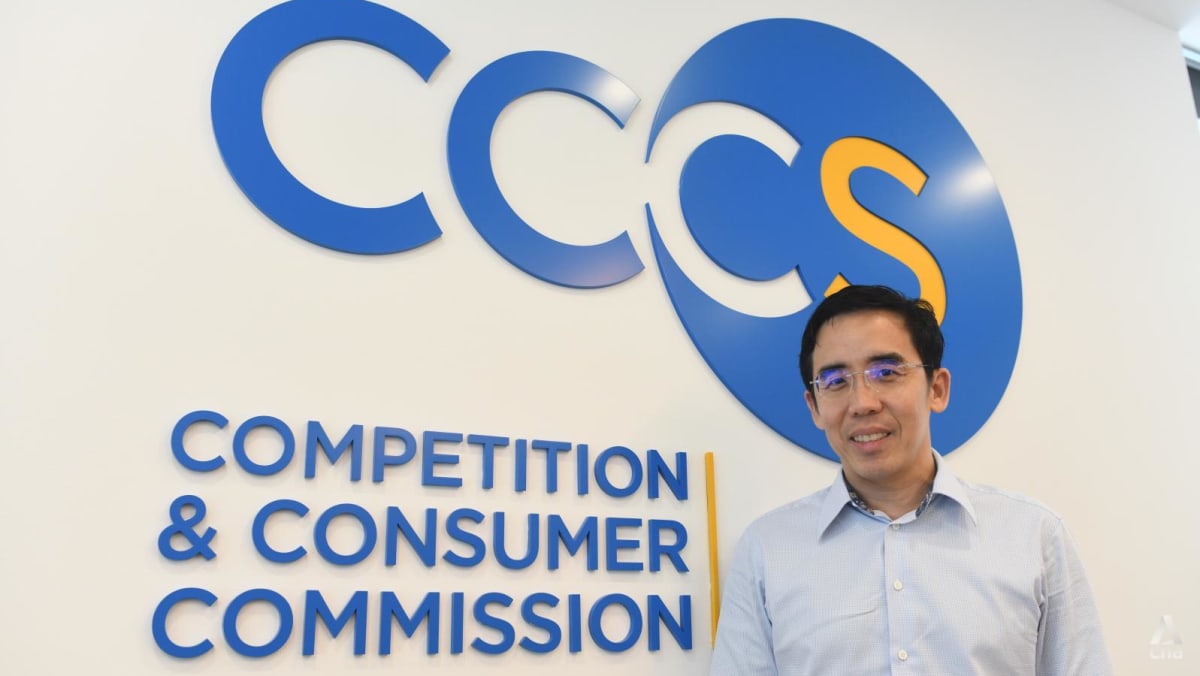

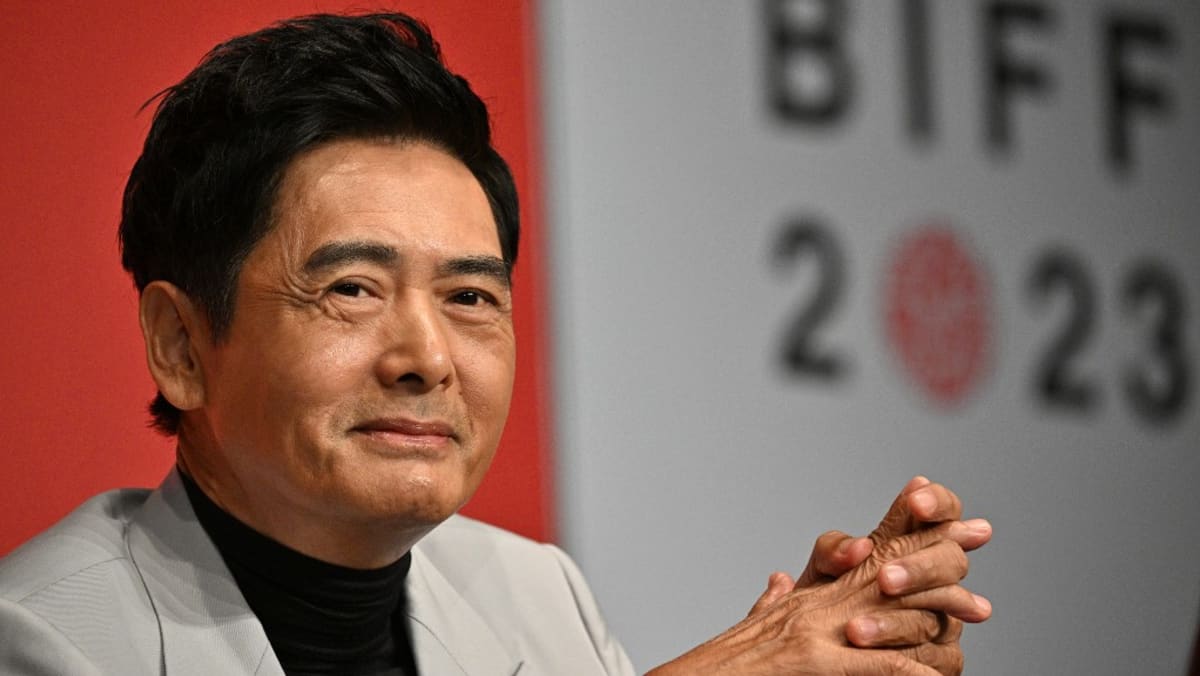


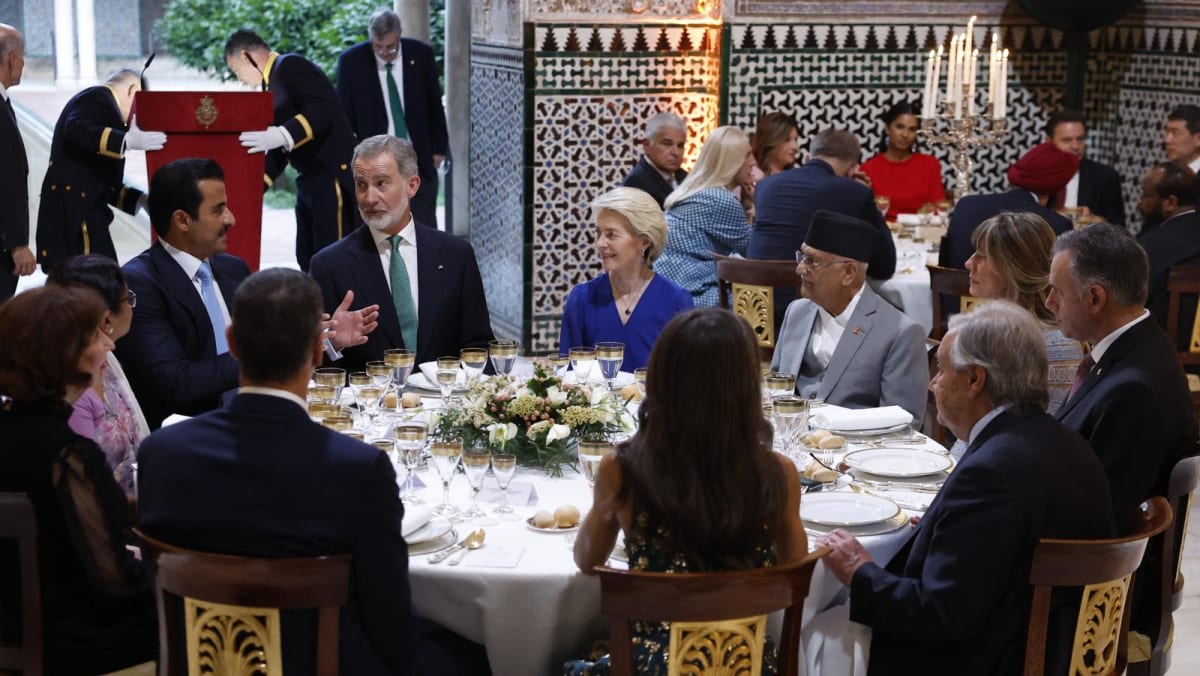
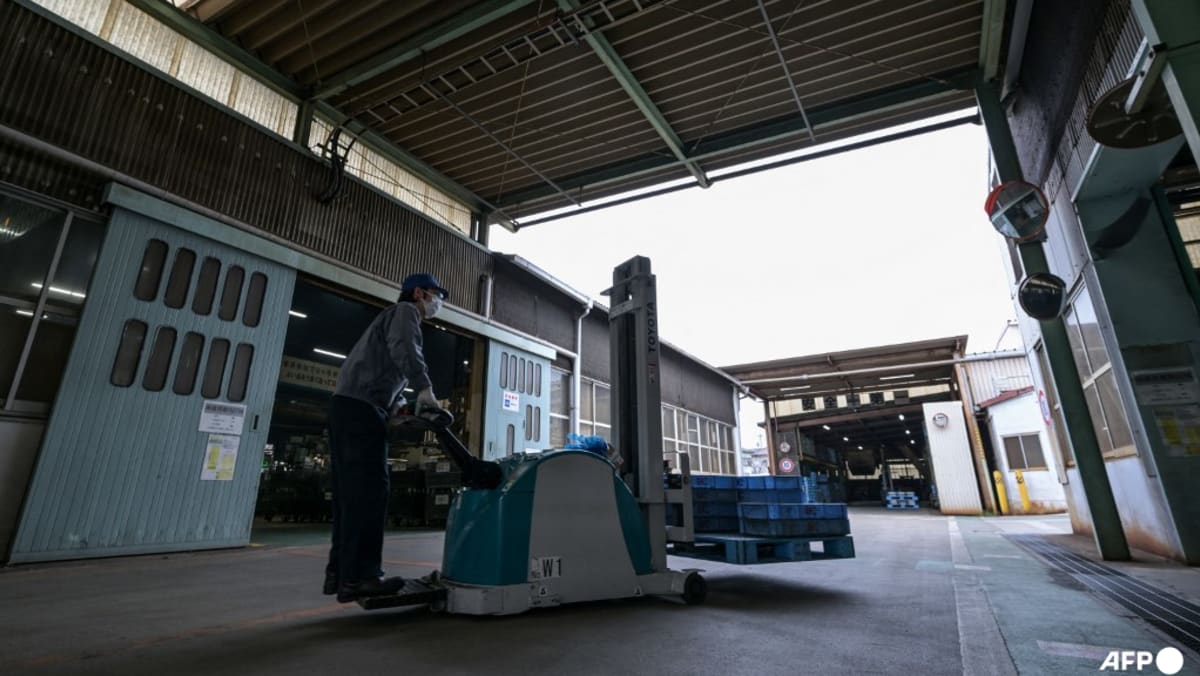
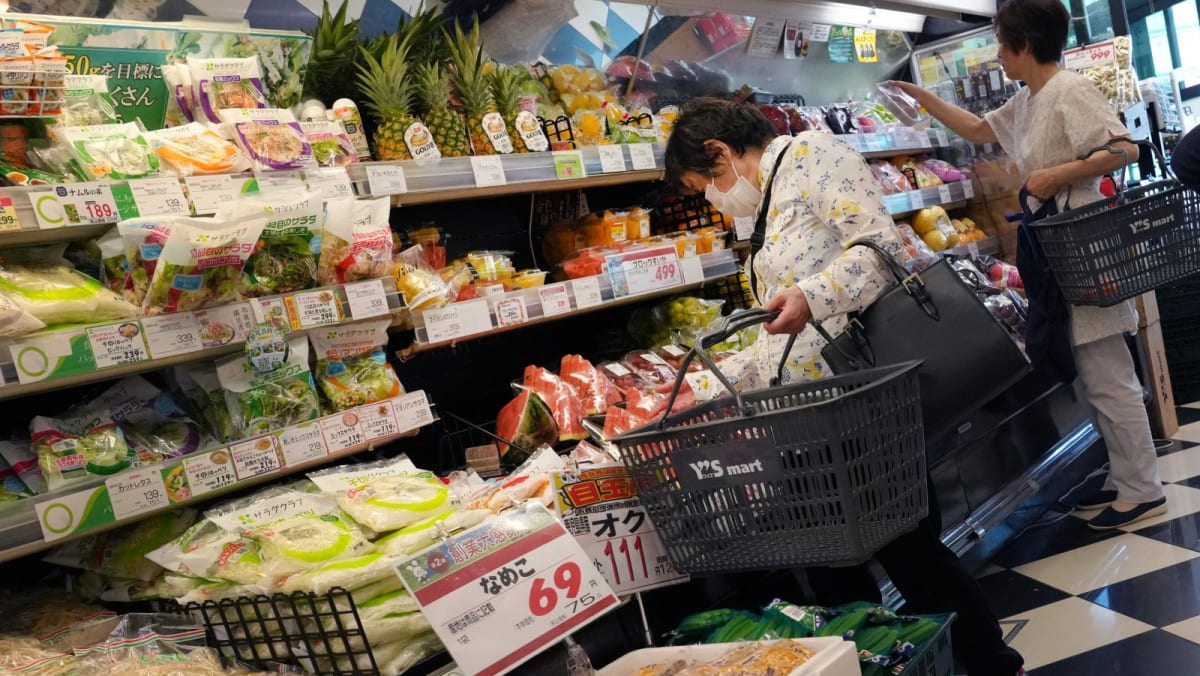
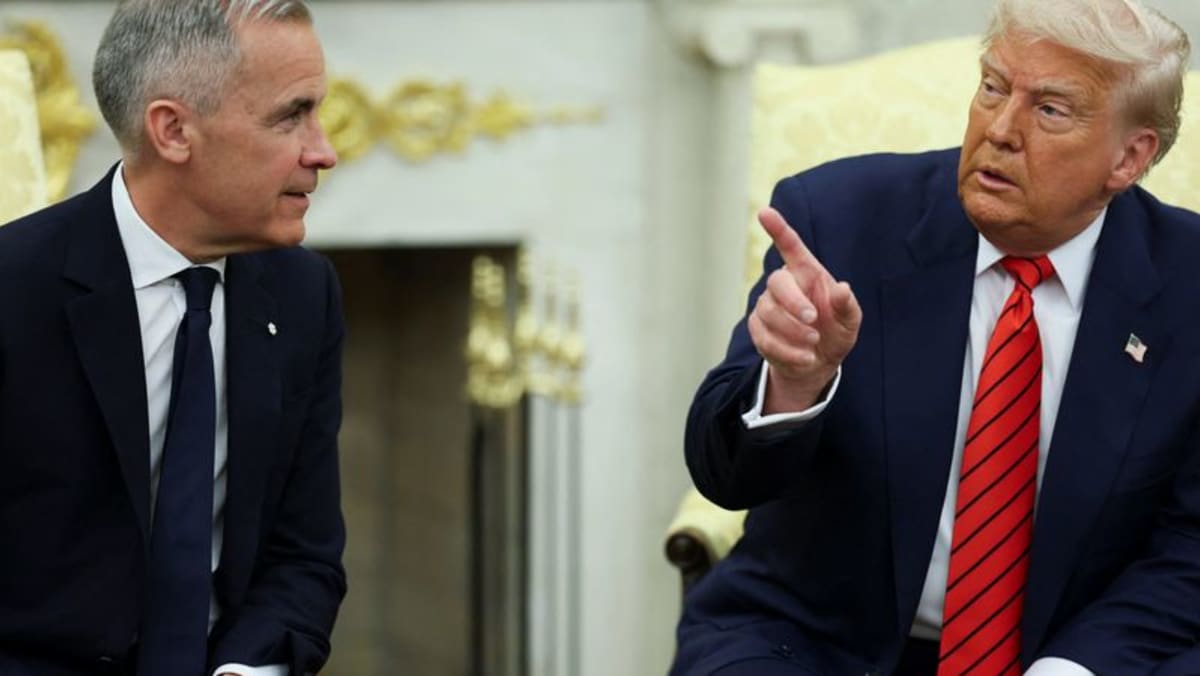


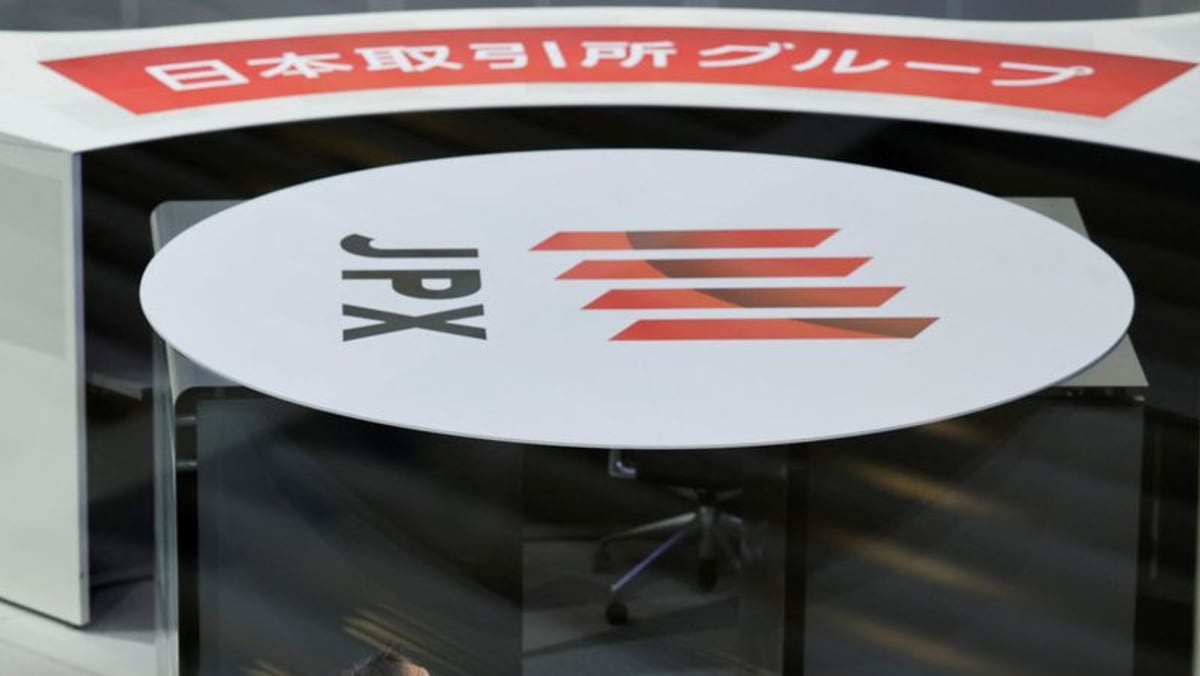
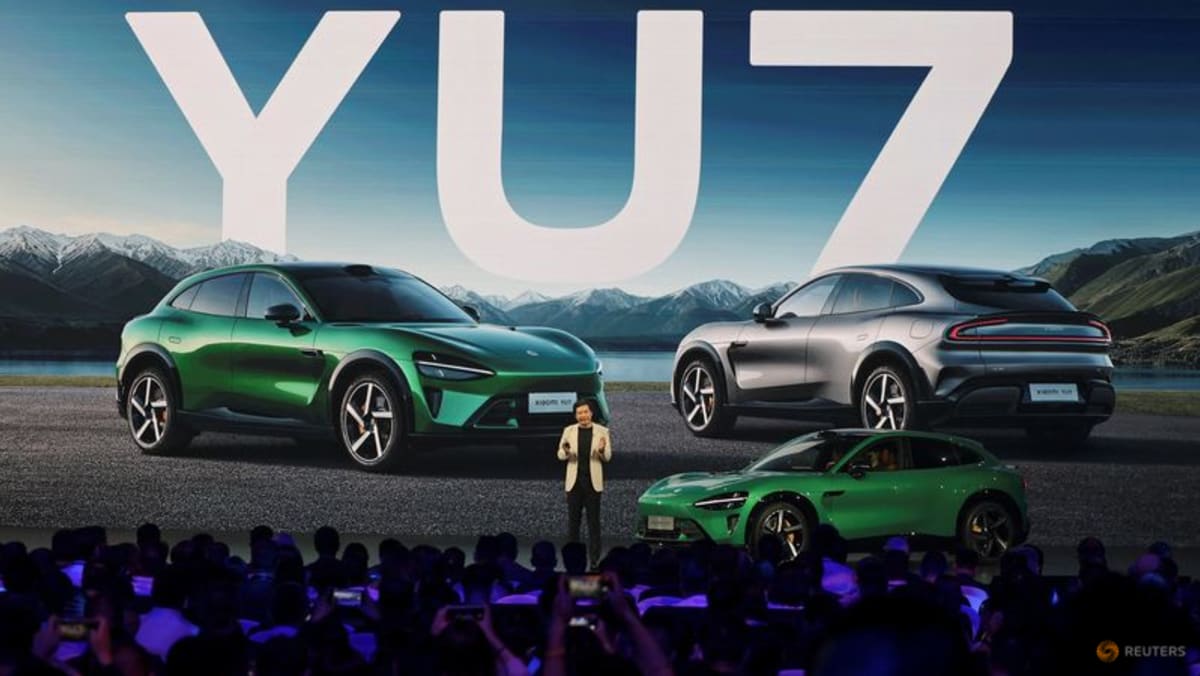

























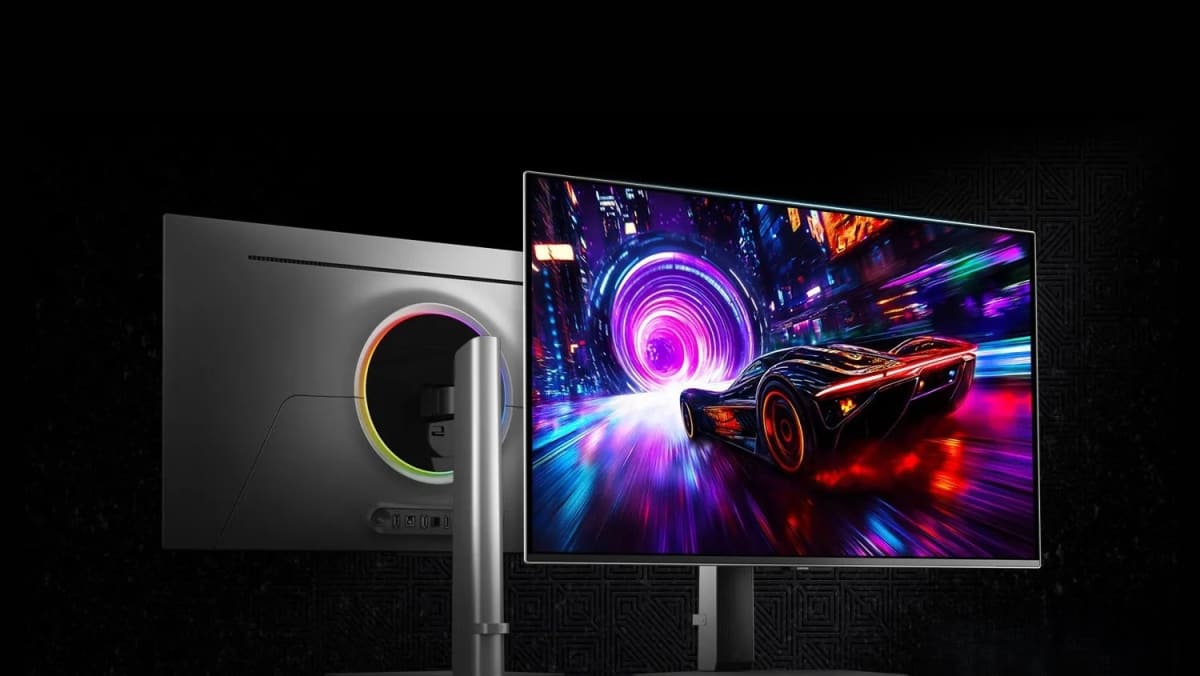


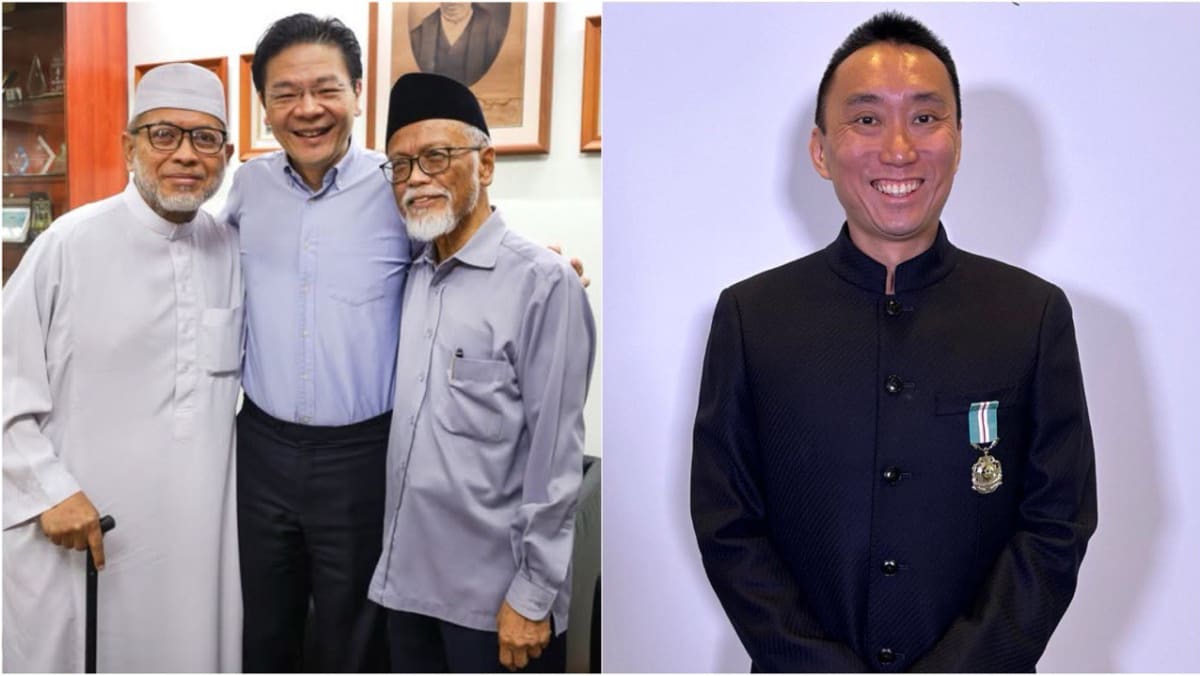
.png?itok=erLSagvf)
